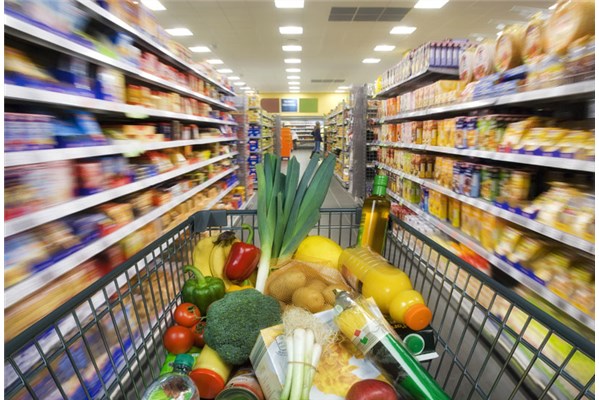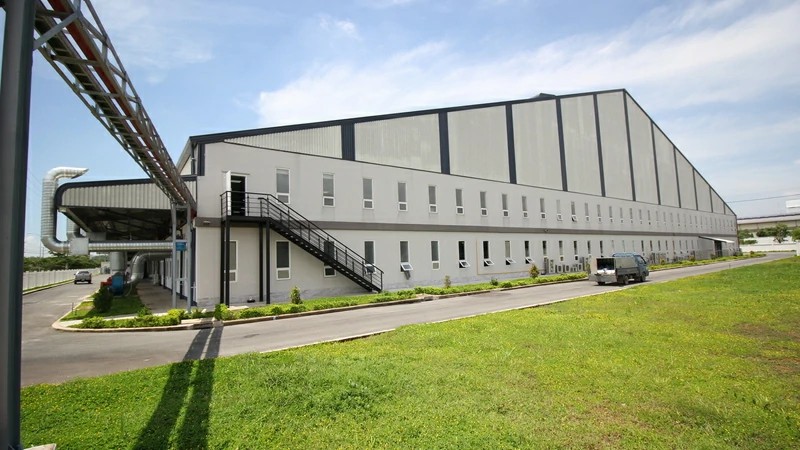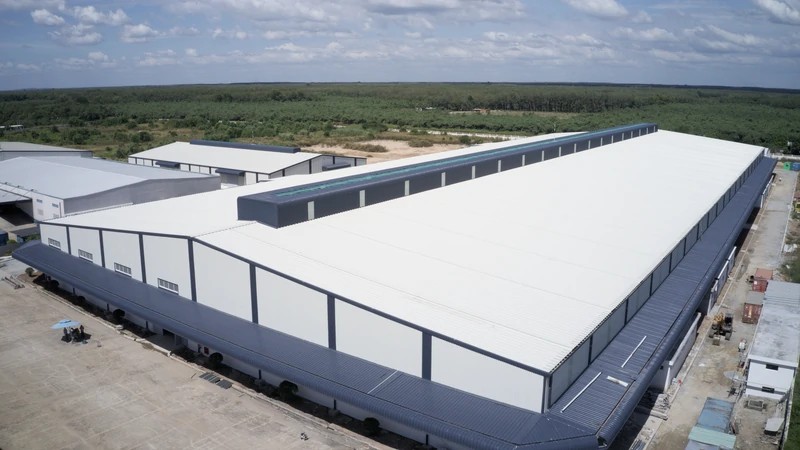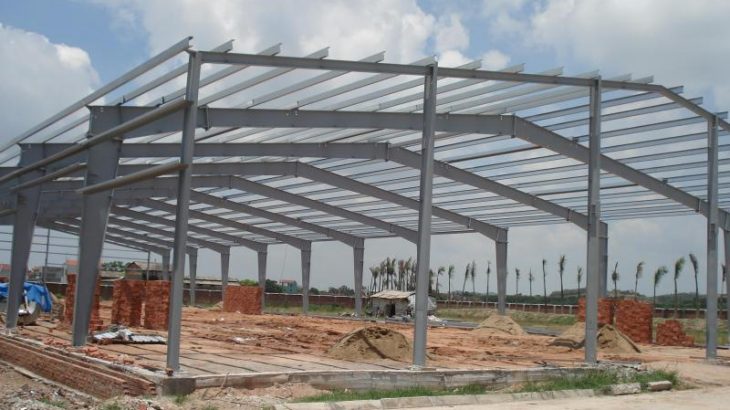How profitable are the food and beverage companies in Singapore?

Food processing industry
According to CSIMarket, the food processing industry had a gross profit margin of 22.05% in 2019. That was considerably below the general market average of 49.4%. Furthermore, the EBITDA margin for food processing was 9.56%, which was below the entire market figure of 16.59%. Finally, the net margin of profit within the food processing industry was just 5.16%. Net margin for the entire market was once higher, coming in at 7.81%.
It’s safe to mention that profit margins within the food processing industry are generally less than average. These small margins could also be a result of intense competition within the industry.
Nonalcoholic Beverage Profit Margins
Profit margins within the nonalcoholic beverage market tend to be much higher. During this industry, firms like Coca-Cola (KO), often have large economic moats. The gross profit margin for the nonalcoholic beverage industry was 54.87% in 2019. At an equivalent time, the EBITDA margin was 25.16%, and therefore the net income margin was an impressive 15.58%.
Alcoholic beverage company profit margins
Alcoholic beverage company profit margins were generally very almost like those for nonalcoholic beverage firms during 2019. The gross profit margin was 53.51%, the EBITDA margin came in at 19.37%, and therefore the net income margin was 15.28%. The similarities with nonalcoholic beverage profit margins shouldn’t be surprising, as brand names dominate both industries. If anything, regulatory barriers to entry may make it even harder for brand spanking new firms to enter the alcohol market.
What are the biggest food and beverage companies in Singapore?
Wilmar International is one of the biggest food and beverage companies in Singapore
Founded in 1991, Wilmar International Limited is nowadays Asia’s leading agribusiness group. Wilmar is ranked amongst the most important listed companies by market capitalization on the Singapore Exchange.

Wilmar International
At the core of Wilmar’s strategy is an integrated agribusiness model that encompasses the whole value chain of the agricultural commodity business, from cultivation and milling of vegetable oil and sugarcane to processing, branding, and distribution of a good range of edible food products in consumer, medium and bulk packaging, animal feeds and industrial agri-products like oleochemicals and biodiesel.
Backed up by 100,000 people in the multinational workforce, Wilmar embraces sustainability in its global operations, supply chain, and communities.
Founded year: 1999
Revenue: >100M – 43.09 billion USD (2014)
Golden Agri-Resources
Golden Agri-Resources (GAR) is one of the world’s largest seed-to-shelf agribusinesses. We grow oil palms with farmers and produce food and fuel for today and the longer term with sustainability at the guts of our operations.
Founded in Singapore in 1996, GAR now has operations across 11 countries, and our products are delivered to quite 70 countries worldwide, the USA, Europe, India, China, and therefore the Middle East. Golden Agri-Resources was listed on the Singapore Exchange in 1999.

Golden Agri-Resources
GAR may be a global leader in vegetable oil production, producing quite 2.2 million tonnes of crude vegetable oil (CPO) in 2020. Our operations are innovation-driven and sustainable led, to make sure that GAR remains a worldwide leader in sustainable vegetable oil production and your partner of choice.
Founded year: 1998
Japfa is one of the largest food and beverage companies in Singapore
Headquartered in Singapore; Japfa employs over 40,000 people across an integrated network of recent farming, processing, and distribution facilities in Indonesia, China, Vietnam, India, and Myanmar. The company concentrates on producing quality dairy, protein staples (poultry, beef, swine & aquaculture), and packaged food that nourish many people.
For almost 50 years, Japfa has been ready to grow in scale and become leaders in multiple protein segments by embracing an integrated industrial approach to livestock and food production across the whole value chain. They created standardized operations supporting our strengths in livestock genetics, feed and farming technologies, biosecurity, and animal welfare.
Japfa’s business model, linking three distinct stages of the worth chain; is replicated across the merchandise categories in our target markets where protein consumption is fuelled by economic and concrete population expansion.
Founded year: 2008
Revenue: >100M
Nestlé Singapore
Nestlé Singapore (Pte) Ltd is a wholly-owned subsidiary of Nestlé SA. Over the years it’s been present in Singapore, Nestlé has earned the trust of Singaporeans for being a manufacturer with the very best safety and quality standards.
Nestlé started its operations in Singapore in 1912 and has since been building on its success, largely as a result of its operating principles. These seek primarily to supply Singapore consumers the very best safety and quality standards in our food and beverage products; utilise the foremost up-to-date technology and its accumulated science-based expertise within the manufacture of products; and fulfill its broad responsibility as a company citizen by participating in community and social projects that contribute to the event of the country.
Founded year: 1967
Revenue: >100M
Mewah Group
Nowadays, quite a billion people across 100 countries use Mewah products in their daily lives. Over 60 years, Mewah Group has built trusted global yet local brands designed to satisfy the precise needs of consumers.

Mewah Group
With growing consumer demand, Mewah has grown to be one of the most important edible oils and fats businesses with a current total refining capacity of three.5 million MT annually.
In recent years, with the strength of Mewah Group’s global channel and well-known brands, the company diversified their business by adding other consumer products to their portfolio like rice, soap, and dairy products. The addition of the latest products under our brands not only exposes new opportunities for them but also provides significant synergies to their existing business.
Founded year: 1997
Revenue: 1M-5M
Is the food and beverage industry growing in Singapore?
The global food and beverages (F&B) market is growing exponentially alongside the expansion in urban populations worldwide. Besides purchasing more food, discerning diners are stimulating demand for better food which is safe, natural, and healthy. Additionally, automation and AI are leaving their mark on the industry.
Conclusion
F&B companies are differentiating themselves with innovative dining concepts, products, and services, to supply customers with better dining experiences.
Singaporeans work long hours, which has pushed the need for fast and convenient meals. This is often also happening in cities around the region. Food and beverages companies in Singapore can ride on the growing demand to launch-ready meals and explore slot machine concepts. Since these service formats are still fairly new, they provide many opportunities for F&B to enter the market.
Competition is rife in F&B industries everywhere. The industry is also filled with potential and opportunities for innovative and nimble players who will catch the trends.









